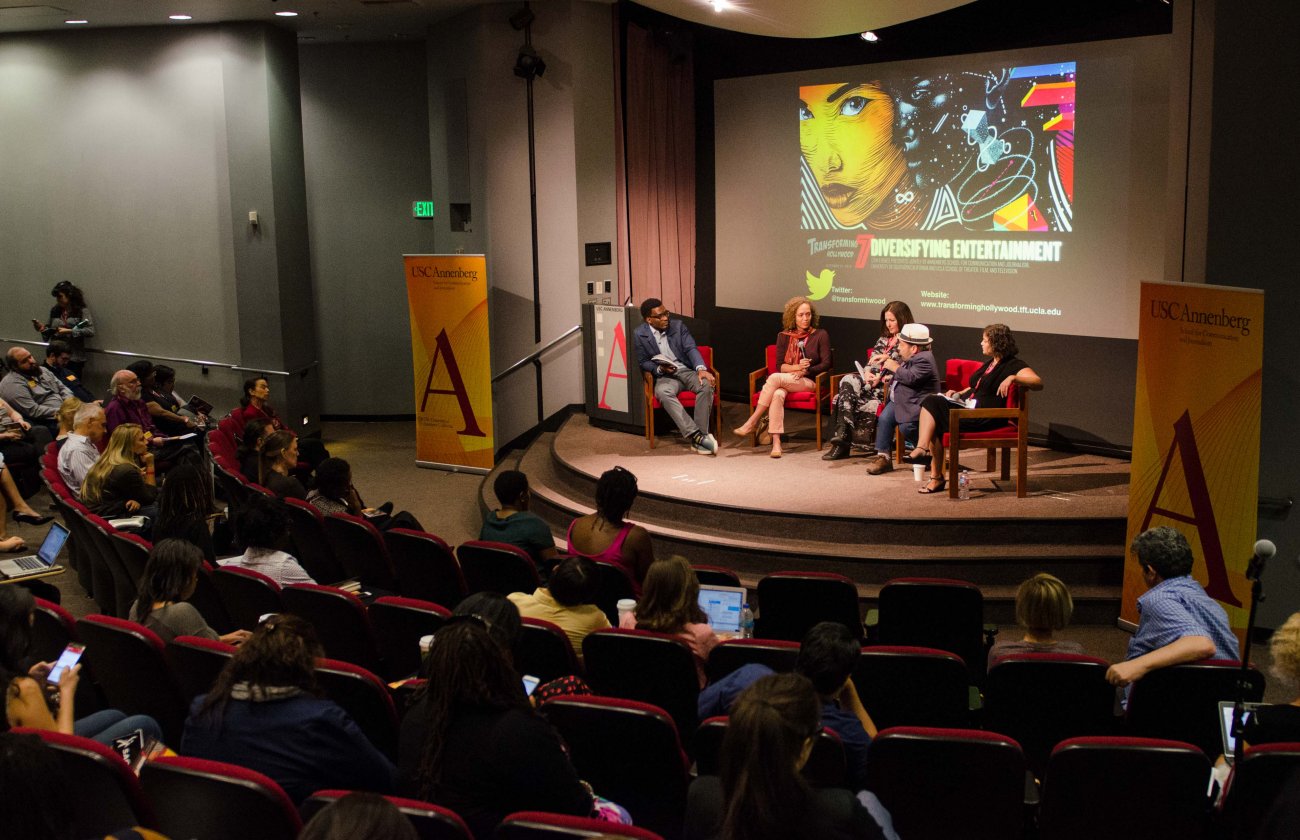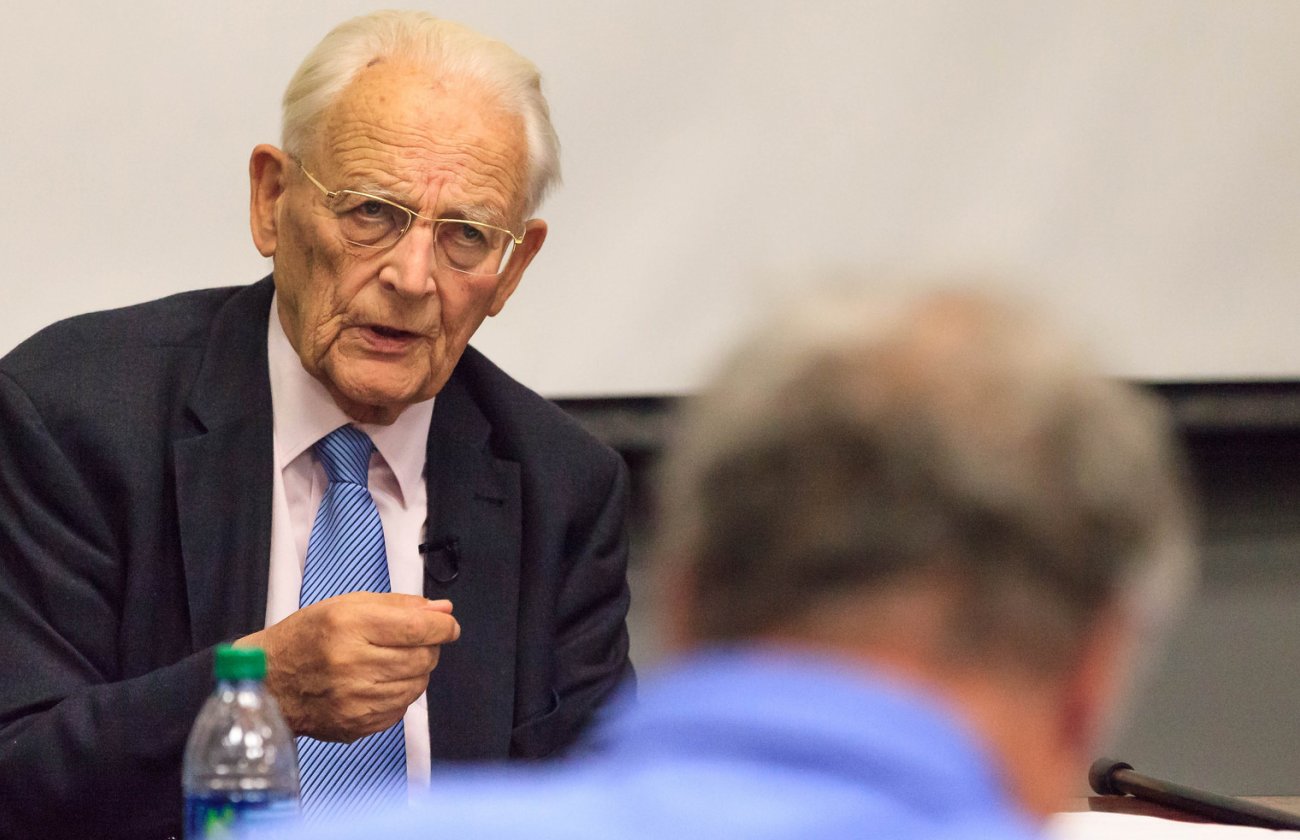The Woodrow Wilson National Fellowship Foundation awarded assistant communication professor Robeson Taj P. Frazier the 2012 Career Enhancement Fellowship for Junior Faculty.
The award, which includes a $30,000 maximum stipend and a $1,500 research, travel or publication grant, will begin in June and last one year. It will provide him with time to pursue research and writing that is otherwise difficult to come by during the academic year.
Frazier said he plans to use the fellowship to complete revisions to his first book, The East Is Black (东方黑色): Travel and Cold War China in the Black Radical Imagination, and prepare the manuscript for publication. He also plans to begin work on a project titled When the East Is In the House: Cultural Contact and Gaps Between China and the African Diaspora.
The East Is Black explores the expansion of African American international consciousness in the years following World War II by considering black leftists and radical nationalists’ writings, media representations, and travels to China. When the East Is In the House follows up on the first book by examining contemporary examples of cultural encounter, exchange, influence, and contradiction between China and groups of African descent. Through a number of different vantage and access points, the study argues that the politics of cultural contact between China and Afro-diasporic cultures serves as a productive site to consider some of the shifting and evolving "racioscapes" emerging in this contemporary moment of globalization and global cultural flow.
"In general, my scholarship and research explores media portrayals of racial and ethnic minorities and how these groups create meaning about identity – specifically their ideas about race, gender, and nationality – through travel/mobility, engagement and production of media, discourses concerning representation, and intercultural and international exchange," Frazier said. "The aforementioned research projects and books thus tie into my larger concern with how marginalized and underserved racial groups and ethnic minorities utilize media production and consumption, performance, and migration or mobility, in ways that make compelling interventions on race, the nation, and the global as analytical categories and cultural formations.
"By focusing on the different ways race – and in particular discourses about blackness – are shaped within local, national, transnational and international contexts; and the politics of cross-cultural contact and international relations among races and groups around the world, I am working to explicate the ideological work of the nation and the cultural politics of race across national boundaries."









